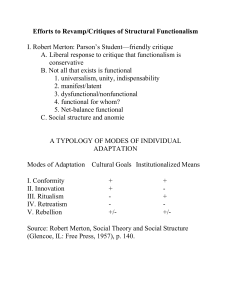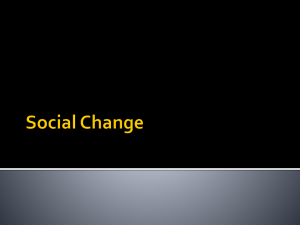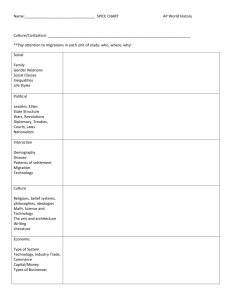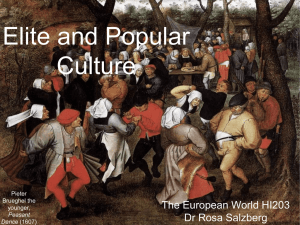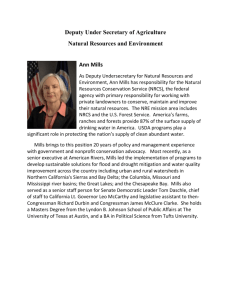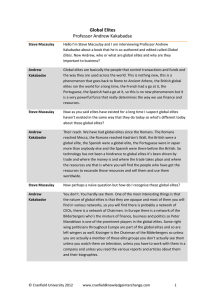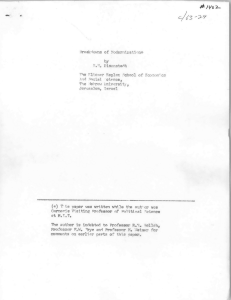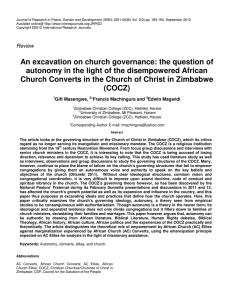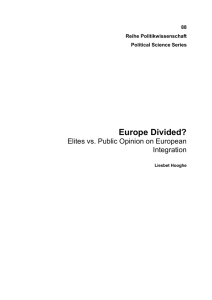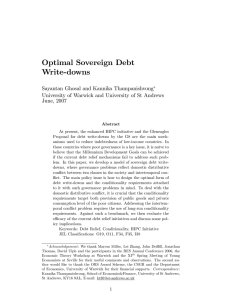Contemporary Theory
advertisement
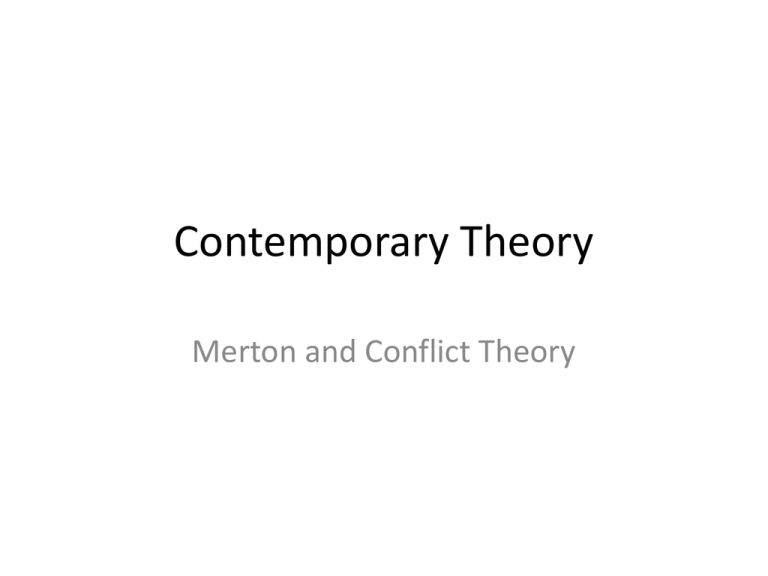
Contemporary Theory Merton and Conflict Theory Robert Merton: Parson’s Student— friendly critique Liberal response to "functionalism is conservative" Not all that exists is functional 1. universalism, unity, indispensability 2. manifest/latent 3. dysfunctional/nonfunctional 4. functional for whom? 5. Net-balance functional Social structure and anomie TYPOLOGY OF MODES OF INDIVIDUAL ADAPTATION Modes of Adaptation I. Conformity II. Innovation III. Ritualism IV. Retreatism V. Rebellion Cultural Goals Institutionalized means + + +/- + + +/- Source: Robert Merton, Social Theory and Social Structure (Glencoe, IL: Free Press, 1957), p. 140 Coser's Functional Theory of Conflict - Influence: Weber and Simmel - Conflict can be functional - functional analysis of ability of system to accommodate conflict Dahrendorf's Conflict Theory Critique of Parsons: "Out of Utopia" (1958) – ignores conflict – cannot explain social change Weberian theory of political domination – authorities and subordinates: quasi-groups – potential for collective action • stability of collective identity • resources • leadership and organization – society's ability to accommodate conflict C. Wright Mills: Power Elite - Authorities in each institution share interest - work together to maintain status quo - need for liberal reform Conflict Theory Models of Interest Group Politics Darhendorf's Non-elites other factors Authorities conflict Subordinates other factors change Dahrendorf's Social System - Social and Political System Ability to Accommodate "class" conflict + - external threat Mills' Elites economic elites cultural elites social and political elites Mills'Social System - Social and Political System Ability to serve elite interests + - external threat
